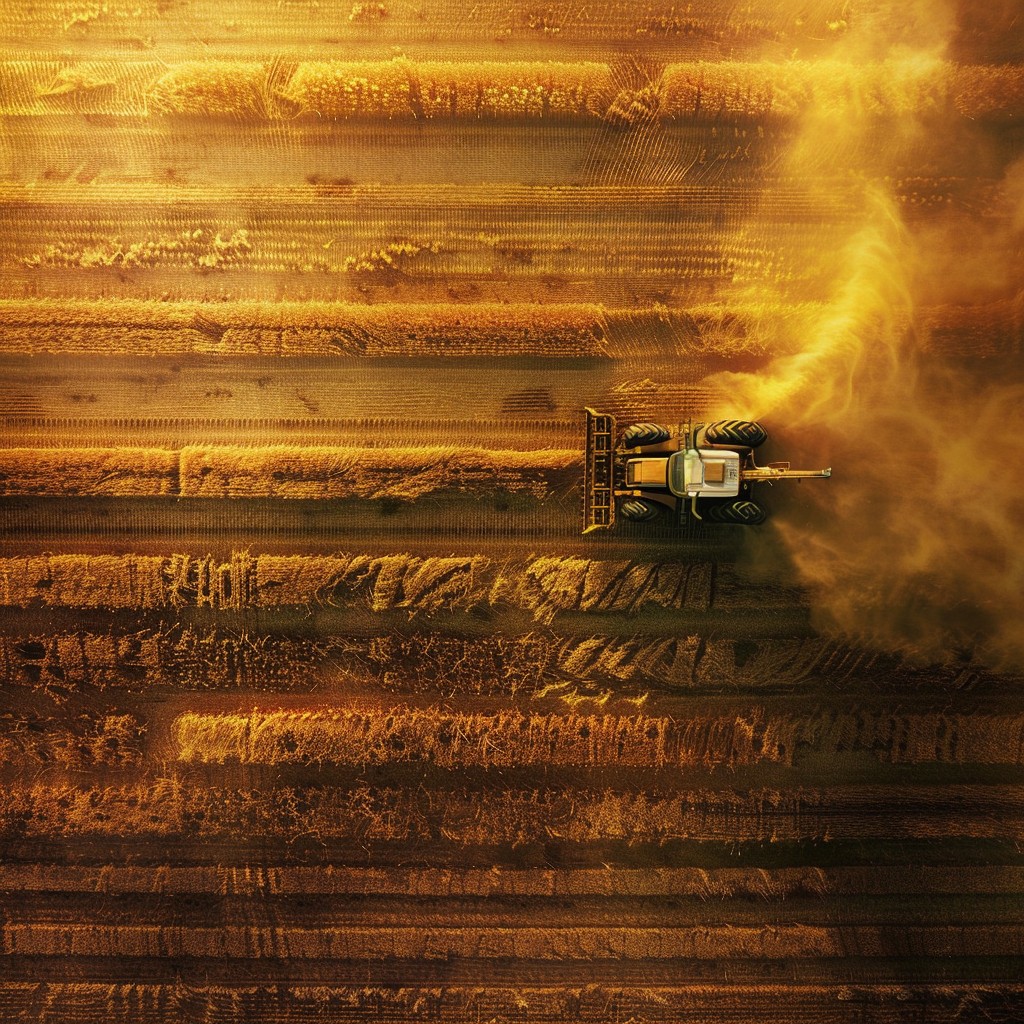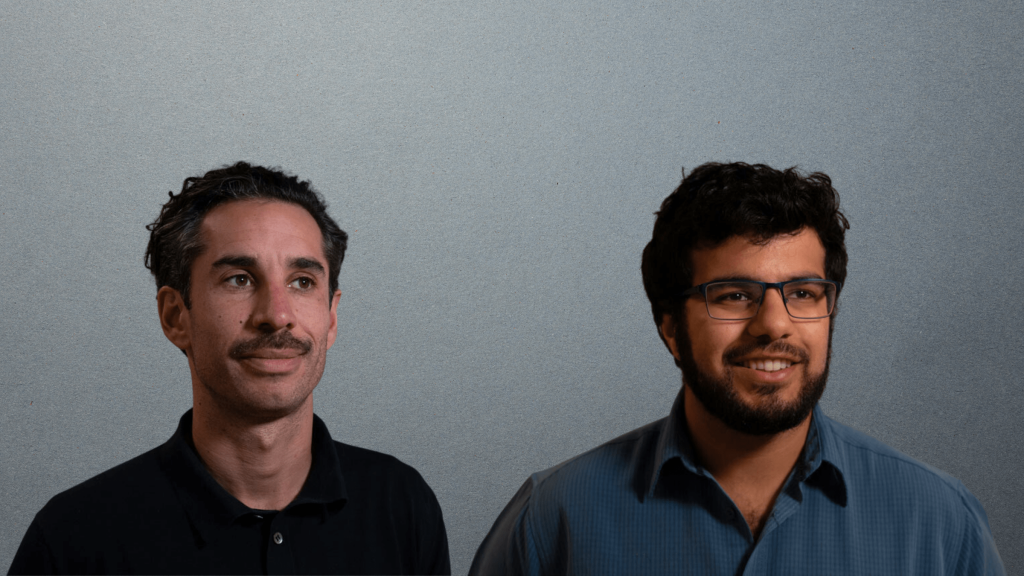
We recently invested in Messium, a company that uses innovative technology to address a major challenge in agriculture: inefficient fertiliser application.
Why do we love it?
Messium immediately struck SuperSeed’s investment team as an exciting opportunity. George Marangos-Gilks (CEO and co-founder) and Vishal Soomaney Vijaykumar (CTO and co-founder) presented a compelling case with an urgent ‘Why Now?’, and SuperSeed quickly bought into their vision of a world where fertiliser is applied in “Goldilocks proportions”.
At SuperSeed we love bets where an incredibly niche solution solves an incredibly large problem (spoiler alert: more on that next month). Messium’s initial product uses hyperspectral satellite imagery and machine learning algorithms to optimise the application of fertiliser to wheat plants. It’s an elegant, clear value proposition that addresses farmers’ critical need to reduce their cost base, wherever possible (and, in some cases, increase and improve yield). The subsequent product releases remain Top Secret, but v1.0 addresses the world’s 522m hectares of wheat, maize, and rice.
We also love brilliant founding teams. George and Vishal both have impressive, relevant backgrounds. George, while studying at Cambridge, founded The Tab, before later founding another business, Magic Carpet AI, which he then sold to Blockchain.com. In both of these businesses, George was the founding CEO, and led them from foundation to exit.
Vishal, after a series of senior roles in machine learning development and backend engineering, co-founded a multiple-award-winning business leveraging satellite imagery to detect susceptibilities in forests to the outbreak of fires. One of the awards it won was the UN and ESA World Challenge in 2018, which means Vishal is both a satellite geek par excellence and extremely well-connected in the space industry.

SuperSeed’s primary investment focus is on businesses driving resource efficiency. Few resources are in such an important finite supply as food. Messium’s innovation is a perfect example of AI and disruptive next-generation technologies having an immediate, detectable impact on the Real Economy and the real world. SuperSeed led the £1.4m Pre-Seed investment round in January 2024.
For those who are interested…
The Micro
Farmers face shrinking margins due to rising costs and falling crop prices. Over- and under-fertilisation are significant and costly issues affecting all farmers. The nitrogen fertiliser spend on the average high-grade, milling wheat farm accounts for 35% of the total cost base, and of this, up to 60% is wasted. There’s a slightly American feel to the notion that more fertiliser = more crop. In fact, in the context of applying fertiliser, greed is not good: around 65% of all fertiliser applied globally is excess, which runs off into rivers and surrounding environments, polluting them.
The caveat, admittedly, is that on lower-grade wheat farms, where the product usually ends up in animal feed, the margins are even slimmer. Here, the perennial issue is under-fertilisation, to the tune of an average opportunity cost of $13k per annum.
It’s a really tough business. Your operating profit margin is razor-thin, and there is very little you can do to improve it. The general approach to farming is to try to improve yield, both in quality and quantity. But as we know, if revenue goes up by £1, profit does not go up by £1. If, however, we reduce costs by £1, that goes straight to the bottom line.
The Macro
Taking a quick glance at the UK, there is a huge opportunity in front of Messium. Owing to the degradation of our soil, we have become quite heavily reliant on fertiliser to produce the volume and quality of crops that we need. The UK also produces ~40% of its domestic fertiliser requirement in a good year, and since the closure of the largest manufacturing site in 2023, more than ever, farmers are relying on (expensive) imported product, further squeezing their already-tight margins. Messium can help farmers use only the fertiliser that they need.
More macro, even, than the British Isles: according to the UN, globally, we need 60% more food by 2050. To feed a population of 9.7 billion people, there are only so many vectors available to change. We need more farms, less waste in supply chains and at home, or more efficient farming.
We could continue our unrelenting mission to create more arable land. But it is time- and resource-intensive (ignoring the more pressing matters of the destruction of biodiversity, the contribution to climate change, the displacement of local communities, and — the Fourth Horseman of the Agricultural Apocalypse — the degradation of the fertility and productivity of the soil). OK, so “just add farms” might not wash.
There are some obvious opportunities for improvement in consumer behaviour and supply chains, given that 1/3 of all food produced globally is lost or wasted. Primarily, this occurs because of bad infrastructure and storage, and absent-minded consumerism. The former is unlikely to change, because it’s really expensive to change. On the latter, it is anyone’s guess…
So, the best option is to do more with the same (or less). Every farmer lives in constant vigilance of resource efficiency. More food production from the same total arable land plot means we must be much more efficient at farming. The accurate application of fertiliser is as urgent as it is important.
Roll on Messium, to clean up the mess.



